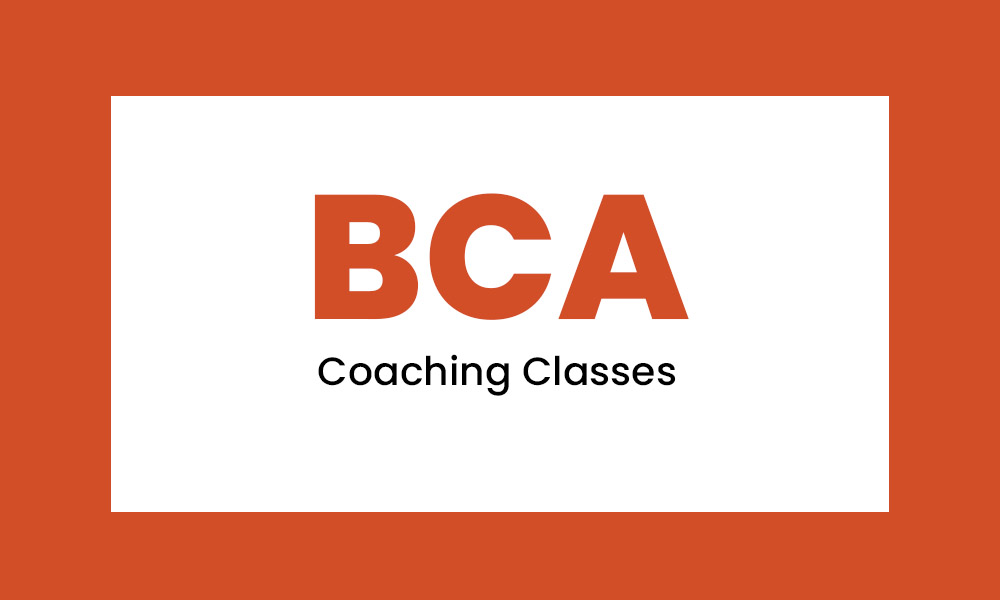The basic structure of the BCA syllabus
The syllabus of BCA includes classroom learning, lectures, lab sessions, project work, seminars, group assignments, presentations, and interactions with industry experts.
You will Learn
- Introduction to Programming Using C – This paper introduces the programming language C. The student will learn to understand the logic of a problem and write structured C programs.
- Statistics for BCA – In this paper, students learn various statistical methods and it prepares students for future courses having quantitative components.
- Digital Computer Fundamentals – This paper introduces the basic concepts of the functioning of a computer. It helps a student to learn the use of Boolean algebra for performing calculations in various number systems.
- Operating Systems – This course helps acquire the fundamental knowledge of the operating system components and to know the various operations performed by operating systems.
- Data Structures – This paper helps students understand the need for data structure when building an application. It also teaches a student method to calculate and measure the efficiency of a code.
- Graph Theory and Linear Programming – This course aims at introducing various terminologies of Graph theory and formulation of Linear Programming problems and solving them with graphical methods and simplex methods.
- Database Management Systems – This paper helps a student learn database concepts and develop skills for the design and implementation of database applications.
- Object-oriented Programming using C++ – This course helps in understanding the principles behind the object-oriented programming process and its use in the development of small to medium-sized application programs.
- Programming in Java – This paper helps students acquire skills in using Java programming language and developing small to medium-sized application programs.
- Computer Networks – This course will help a student understand the various components of a computer network and its functionality.
- Embedded Systems – This course focuses on the various concepts of embedded systems and RTOS.
- Database Management Systems – Introduction DBMS Architecture, Data Modelling using Entity-Relationship Model, Index Structures for Files Relational Data Model, Database Design, SQL Transaction Processing Concepts and Concurrency Control Techniques, Database Administration, Database Recovery, Distributed Databases, Introduction to Advanced Database Concepts.




